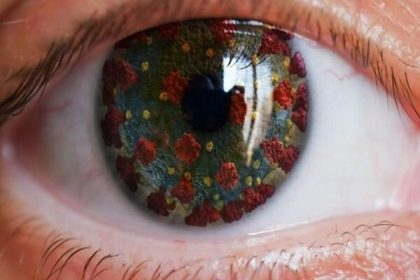In a long-term study of sea snail populations in Sweden’s Koster Islands, scientists have found evidence of rapid evolution in nature. This study shows how organisms can rapidly change and acquire new characteristics in response to environmental changes.
In the 1980s, a massive toxic algal bloom decimated many sea snail populations in the Coaster Islands, according to Techna Technology Media’s Science News Department. But this unfortunate event provided a unique opportunity for scientists to closely observe the process of evolution. Scientists decided to restore the snail population by transferring snails from another area to these islands. But these newly arrived snails had different characteristics from the original population. Over time, the scientists observed that the new snails were changing rapidly, acquiring characteristics that would help them survive better in their new environment. For example, the size, shape, and behavior of clams changed to adapt to new conditions.
The scientists found that the genetic diversity in the original population of snails played an important role in these rapid changes. In other words, snails already had genes that allowed them to adapt to new conditions. By natural selection, these genes became more common over generations, causing observable changes in the population.
This study shows that evolution is a dynamic and ongoing process and can occur even on short time scales. Also, this study helps scientists better understand how species respond to environmental changes and continue to survive. Considering the rapid changes in the environment caused by human activities, this research shows the importance of preserving biodiversity more than ever. Species with high genetic diversity have a greater ability to adapt to environmental changes and survive in the long term.
RCO NEWS















